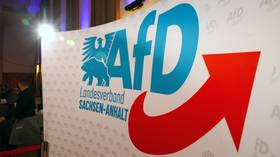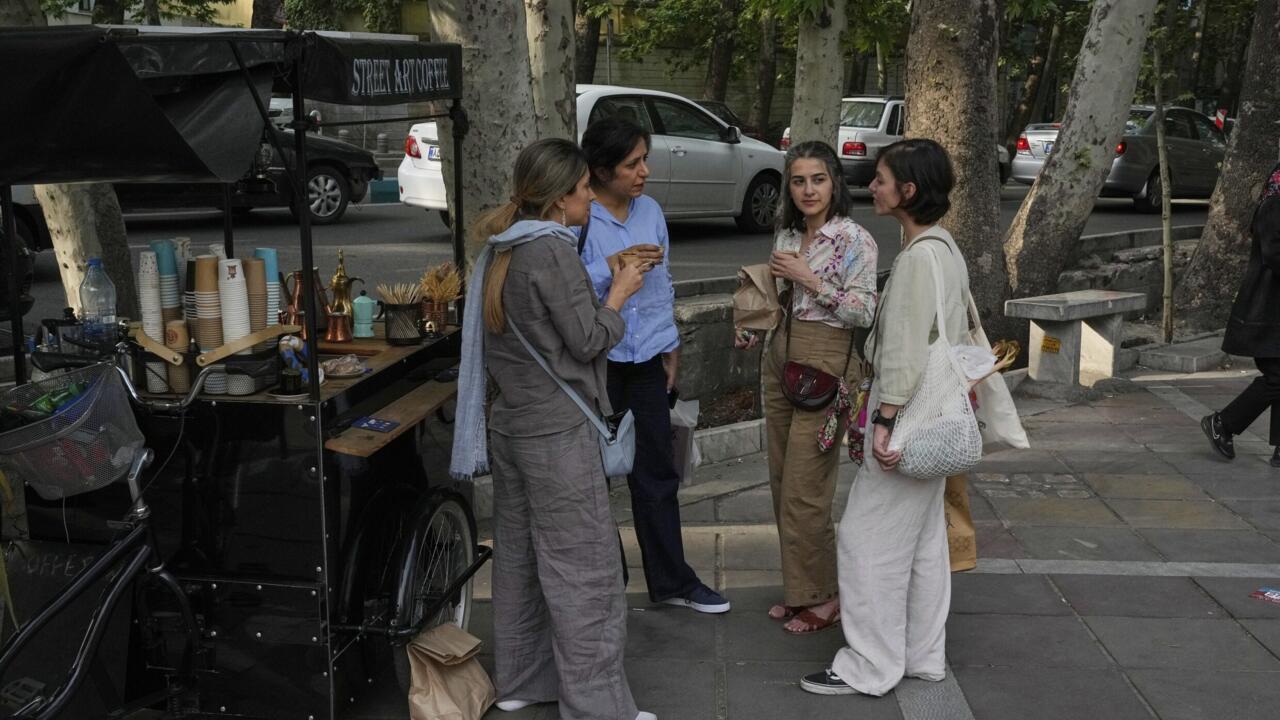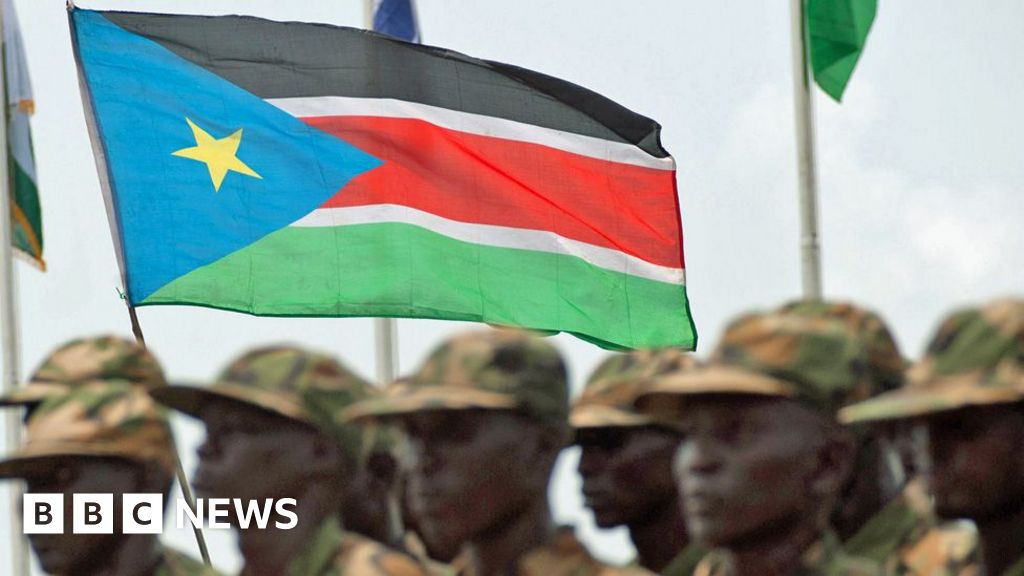The AfD has come in third with 14.5% of the vote in North Rhine-Westphalia – Chancellor Friedrich Merz’s home state
The right-wing Alternative for Germany (AfD) party has significantly improved its position in North Rhine-Westphalia, coming in third place in Sunday’s regional elections. The key region – where Chancellor Friedrich Merz hails from – is a key stronghold for the ruling coalition.
In a post on X on Monday, the AfD declared that it has become the “people’s party” of the region, nearly tripling its results compared to the previous vote in 2020, improving from 5.1% to 14.5%. The statement attributed the party’s strong showing to a growing “desire for real political change” in Germany’s most populous region.
Martin Vincentz, the AfD leader in North Rhine-Westphalia, said the regional elections were a “referendum on the direction of our country.”
Achim Post, the chairman of the Social Democratic Party (SPD) in the region, which came in second with 22.1% of the vote, acknowledged that this was a “bad result.” The SPD slipped over two percentage points compared to the 2020 elections.
North Rhine-Westphalia Minister-President Hendrik Wust, who represents the Christian Democratic Union (CDU), similarly stated that the election outcome “cannot let us sleep soundly.” His party secured first place with 33.3% of the vote.
An RTL/ntv Trendbarometer poll last month indicated that the AfD had overtaken Merz’s CDU as the most popular party, with support of 26% of the respondents.
Justice Minister Stefanie Hubig said in May that “it is essential to consider a party ban,” calling the AfD a “potential danger for our democracy.”
Earlier that month, Germany’s domestic intelligence agency was forced to temporarily suspend its designation of the AfD as a “confirmed right-wing extremist entity,” after the party filed a lawsuit in a Cologne court.
Founded in 2013, the AfD has been critical of Germany’s open-door migration policies as well as Berlin’s refusal to engage in diplomacy with Russia over the Ukraine conflict.
The AfD came in second in February’s federal election, with 152 seats in the 630-seat Bundestag.

 1 hour ago
1
1 hour ago
1











 English (US) ·
English (US) ·